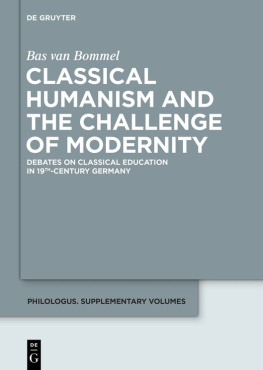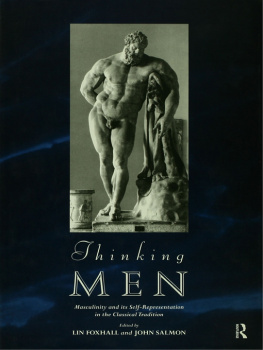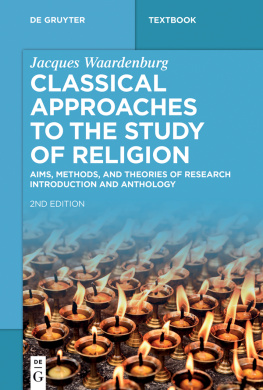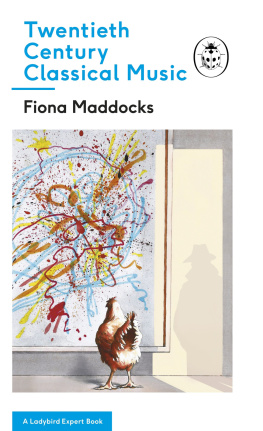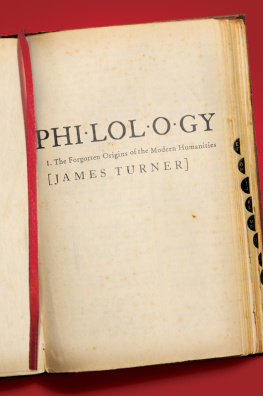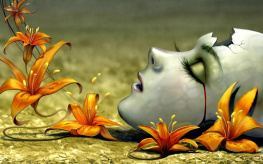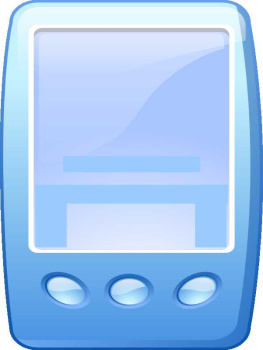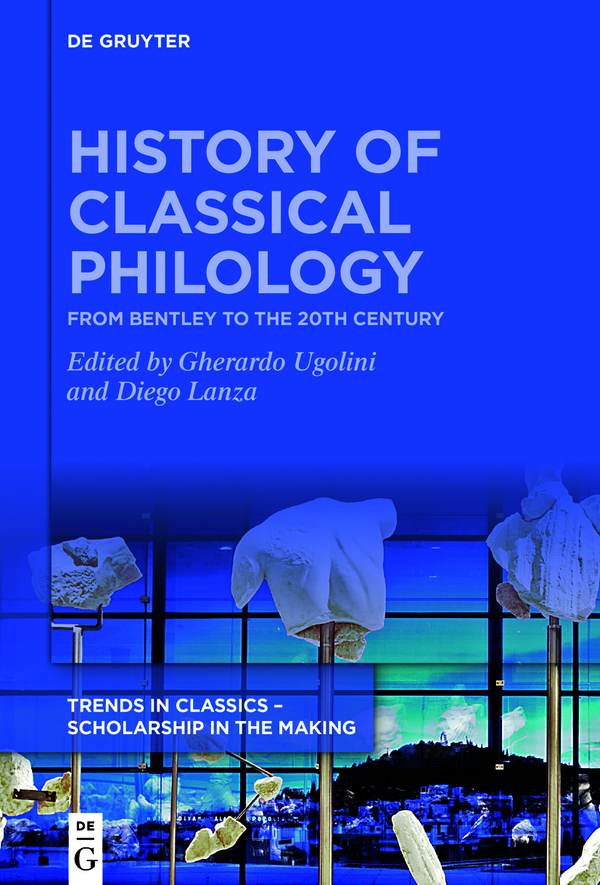Trends in Classics Scholarship in the Making
Edited by
Franco Montanari
Antonios Rengakos
Volume
ISBN 9783110722666
e-ISBN (PDF) 9783110730388
e-ISBN (EPUB) 9783110730463
Bibliographic information published by the Deutsche Nationalbibliothek
The Deutsche Nationalbibliothek lists this publication in the Deutsche Nationalbibliografie; detailed bibliographic data are available on the Internet at http://dnb.dnb.de.
2022 Walter de Gruyter GmbH, Berlin/Boston
History of Classical Philology
Trends in Classics Scholarship in the Making
Edited by
Franco Montanari and Antonios Rengakos
Advisory Board
Constanze Gthenke Stephen Harrison
Luigi Lehnus Irmgard Mnnlein-Robert
Filippomaria Pontani Stefan Rebenich
Volume 2
History of Classical Philology
From Bentley to the 20th Century
Edited by
Diego Lanza and Gherardo Ugolini
Translated by
Antonella Lettieri

Published with the contribution of the University of Verona, Department of Cultures and Civilizations.
This volume was first published in Italian: Diego Lanza, Gherardo Ugolini, Storia della filologia classica Carocci editore, Roma 2016. New edition 2020.
ISBN 978-3-11-072266-6
e-ISBN (PDF) 978-3-11-073038-8
e-ISBN (EPUB) 978-3-11-073046-3
ISSN 2701-1100
Library of Congress Control Number: 2022930728
Bibliographic information published by the Deutsche Nationalbibliothek
The Deutsche Nationalbibliothek lists this publication in the Deutsche Nationalbibliografie; detailed bibliographic data are available on the Internet at http://dnb.dnb.de.
2022 Walter de Gruyter GmbH, Berlin/Boston
Editorial Office: Alessia Ferreccio and Katerina Zianna
Cover image: Acropolis Museum, 2009. Photo by Nikos Daniilidis
www.degruyter.com
Preface to the Current Edition
Wenn wir die Vergangenheit unserer Wissenschaft nicht begreifen, werden wir auch selbst ziellos durch die Gegenwart tappen (If we do not understand the past of our science, we will end up wandering aimlessly in the present). , 8190).
For a long time, an updated history of classical philology has been a desideratum of classical scholars. In fact, the histories that are currently available are mostly outdated and in many ways obsolete although they certainly continue to be valuable as historical documents. A brief list of these histories should include at least ).
The first edition of this volume was published in Italian in 2016 under the title Storia della filologia classica by the Rome-based publisher Carocci. The volume was well-received, as is evident from its good reviews and the fact that it was awarded the Premio Nazionale italiano per leditoria accademica (Italian national prize for academic publishing), presented by the Associazione Italiana del Libro (Italian Book Society). While the Italian edition was mainly intended for university students in Italy, the current edition in English aims at a more international approach. All the essays in the volume have been revised, adapted, and updated and some errata have been corrected. I would like to express my most heartfelt thanks to the authors of the essays, to the translator Antonella Lettieri for working with commendable expertise and thoroughness, and to the publisher De Gruyter and, in particular, the team of the Editorial Office for Classical Studies for publishing this volume in the series Trends in Classics Scholarship in the Making.
I dedicate this volume to my teacher, colleague and friend Diego Lanza, who has shared the responsibility of this project with me ever since it was first conceived and who, unfortunately, passed away in March 2018. Lanza, who always championed the need to overcome barriers between the different fields of knowledge, was fond of repeating the methodological principle, already expressed by Giorgio Pasquali, according to which in the study of antiquity there are no disciplines, but only problems that need to be solved. This principle, among the others, informs also our History of Classical Philology.
Gherardo Ugolini
References
Berti, M. (ed.) (2019), Digital Classical Philology: Ancient Greek and Latin in the Digital Revolution, Berlin/Boston.
Bond, R. (2013), A New History of the Humanities. The Search for Principles and Patterns from Antiquity to the Present, En. trans. by L. Richards, Oxford (or. Dutch ed. 2013).
Bursian, C. (1883), Geschichte der klassischen Philologie in Deutschland von den Anfngen bis zur Gegenwart, Mnchen/Leipzig.
Daston, L./Most, G.W. (2015), History of Science and History of Philologies, in: Isis. A Journal of the History of Science Society, 106.2, 378390.
Grafton, A./Most, G.W. (eds.) (2016), Canonical Texts and Scholarly Practices: A Global Comparative Approach, Cambridge.
Gudeman, A. (1894), Outlines of the History of Classical Philology, Boston.
Gthenke, C. (2020), Feeling and Classical Philology. Knowing Antiquity in German Scholarship, 17701920, Cambridge.
Hentschke, A./Muhlack, U. (1972), Einfhrung in die Geschichte der klassischen Philologie, Darmstadt.
Hlscher, T. (1995), Klassische Archologie am Ende des 20. Jahrhunderts: Tendenzen, Defizite, Illusionen, in: E.-R. Schwinge (ed.), Die Wissenschaften vom Altertum am Ende des 2. Jahrtausends n. Chr., Stuttgart/Leipzig, 197228.
Hunt, J.M./Smith, R.A./Stok, F. (2017), Classics from Papyrus to the Internet: An Introduction to Transmission and Reception, foreword by C.W. Kallendorf, Austin.
Kroll, W. (1908), Geschichte der klassischen Philologie, Berlin/Leipzig.
Lanza, D. (1995), Problemi o discipline?, in: G. Cambiano/L. Canfora/D. Lanza (eds.), Lo spazio letterario della Grecia antica, Roma, vol. 2, (La ricezione e lattualizzazione del testo), 713734.
Pasquali, G. (1952), Storia della tradizione e critica del testo, Firenze (I ed. 1934).
Pfeiffer, R. (1976), History of Classical Scholarship: 13001850, Oxford.
Pollock, S./Elman, B.A./Chang, Ku-ming (eds.) (2015), World Philology, Cambridge, MA.
Rebenich, S. (2021), Die Deutschen und ihre Antike: Eine wechselvolle Beziehung, Stuttgart.
Sandys, J.E. (19031908), A History of Classical Scholarship from the Sixth Century B. C. to the End of the Middle Ages, 3 vols., Cambridge.
Thurston Peck, H. (1911), A History of Classical Philology from the Seventh Century B. C. to the Twentieth Century A.D., New York.
Turner, James (2014), Philology: The Forgotten Origins of the Modern Humanities, Princeton, NJ.
Wilamowitz-Moellendorff, U. von (1921), Geschichte der Philologie, Stuttgart/Leipzig (En. trans. History of Classical Scholarship, London 1982).
Wolf, F.A. (1807), Darstellung der Altertumswissenschaft nach Begriff, Umfang, Zweck und Wert, in: Museum der Altertumswissenschaft, ed. by F.A. Wolf/P. Buttmann, vol. 1, Berlin, 1145; repr. in: Id., Kleine Schriften, ed. by G. Bernhardy, Halle 1869, vol. 2, 808895; repr. with a Nachwort by J. Irmscher, Berlin 1986.
Introduction
Diego Lanza
Gherardo Ugolini
The anecdote is certainly untrue. However, it is well concocted to evoke a symbolically meaningful scene. In eastern lands in Persia, in Armenia the story went that, when Alexander the Conqueror arrived in Assyria, he was shown Ashurbanipals great library in Nineveh. Alexander was fascinated by the grand project of gathering the worlds wealth of knowledge in one building and decided that he too would build, in his new capital, a great library that would collect every book ever written, thus creating a new temple to universal knowledge.


